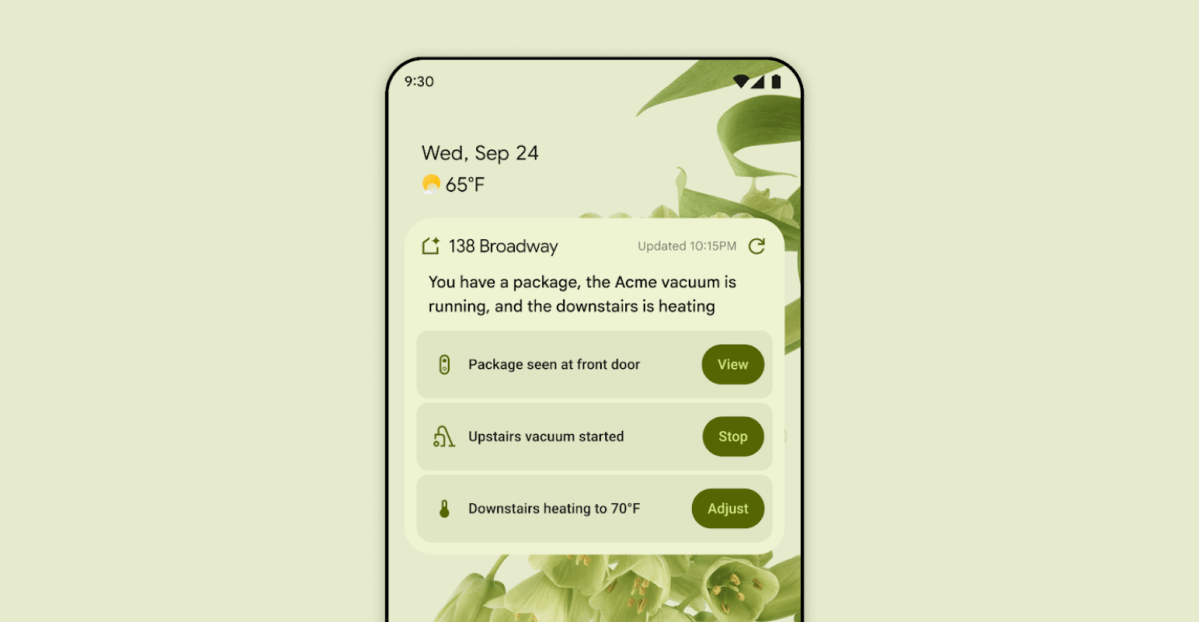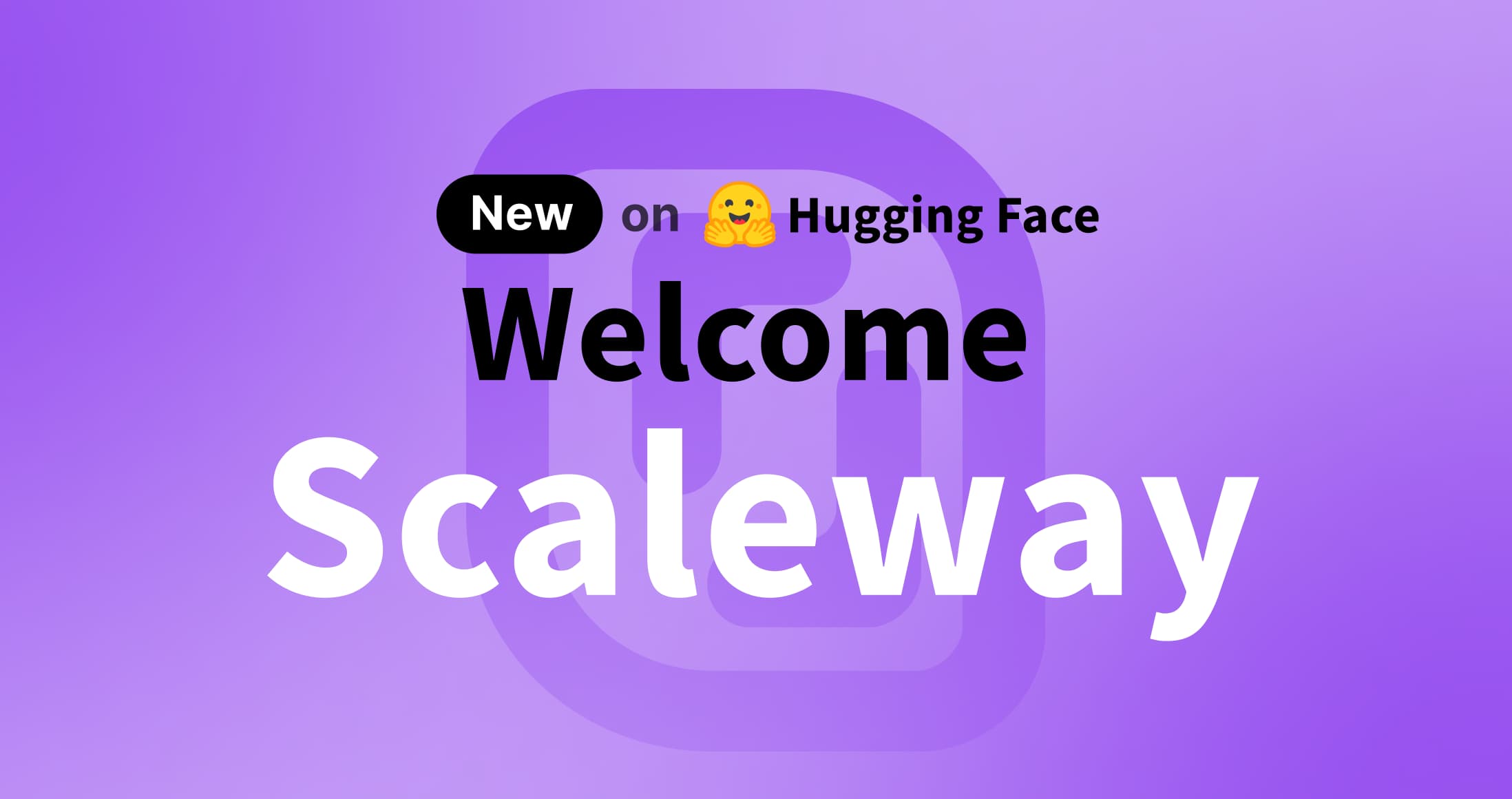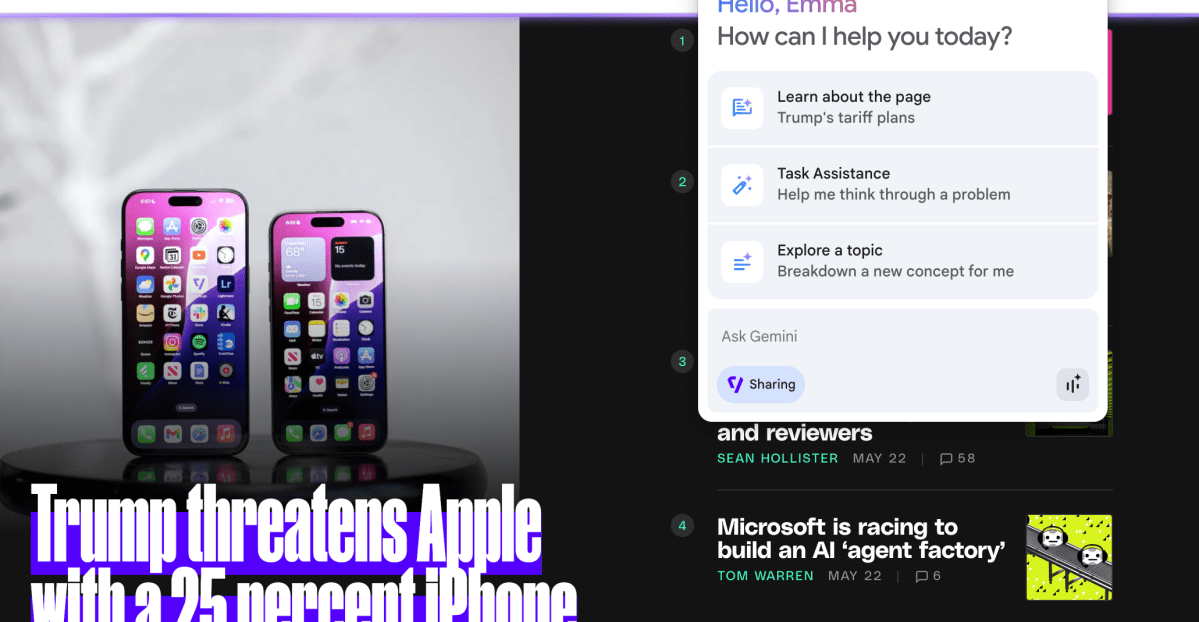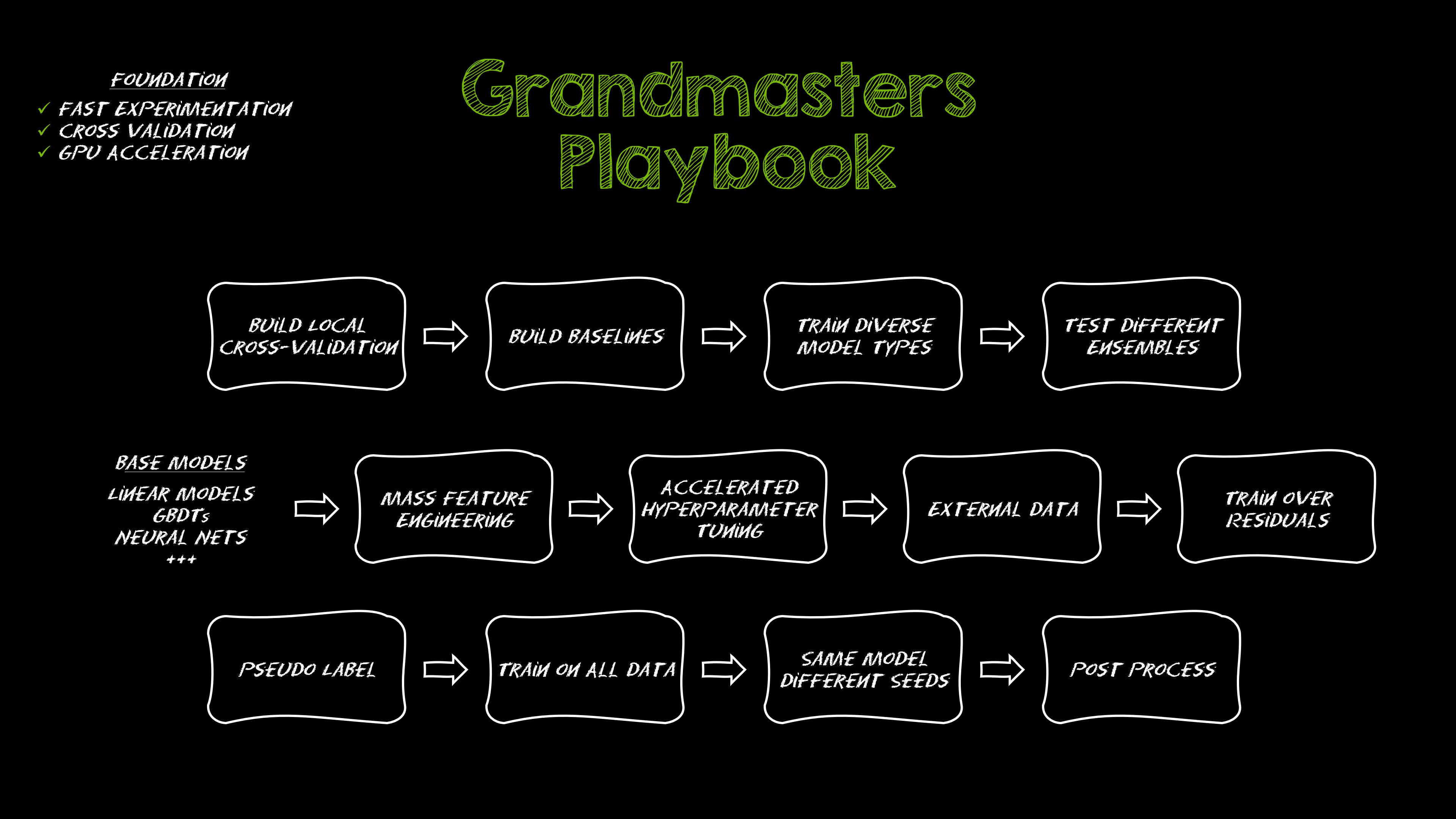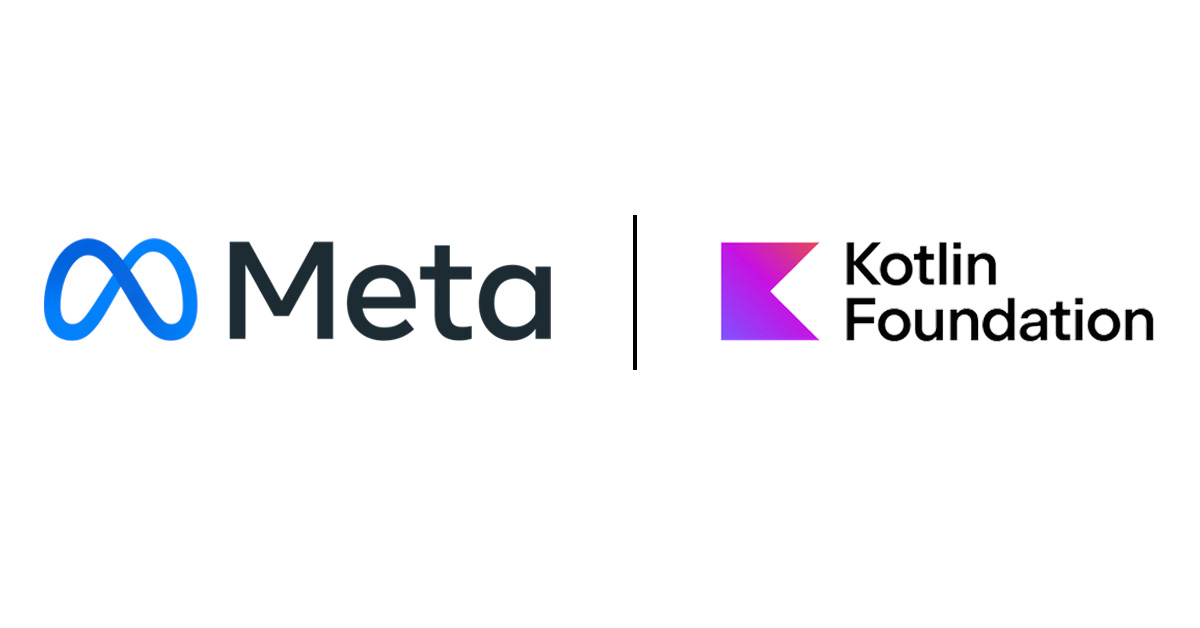
Meta Joins Kotlin Foundation as Gold Member to Boost Android Kotlin Ecosystem
Sources: https://engineering.fb.com/2025/06/30/android/meta-joins-kotlin-foundation
TL;DR
- Meta has officially joined the Kotlin Foundation as a gold member, signaling a long-term commitment to the Kotlin ecosystem on Android.
- Meta has migrated tens of millions of lines of Android code from Java to Kotlin and built internal tooling to automate the process.
- The company contributes to open source efforts including Buck2 and Kotlin-related tooling, and will participate in the Kotlin Foundation grants program.
- This move aligns with Meta’s strategy to bolster Kotlin adoption, tooling, and community collaboration across platforms.
Context and background
Meta has actively pursued Kotlin adoption across its Android codebase for several years. The company has migrated tens of millions of lines of code from Java to Kotlin, demonstrating a substantial internal effort to modernize its Android stack and improve developer productivity. To facilitate this broad transition, Meta developed an internal tool called Kotlinator, which automates much of the conversion process while ensuring the resulting Kotlin code remains idiomatic and compatible with Meta’s internal frameworks. This work has been shared with the broader community through participation in the enterprise Java-to-Kotlin working group, reinforcing collaboration between industry peers as Kotlin grows within enterprise environments. These ongoing efforts reflect Meta’s broader commitment to the Kotlin ecosystem and its role in enabling more scalable Android development. The company has also contributed to public open source projects, including the Kotlin tooling and Android build toolchain in Buck2, illustrating a practical approach to tooling that improves build speeds and scalability for large projects. Inline with this strategy, Meta’s involvement in open source and industry collaboration aligns with a larger objective to foster a robust, collaborative Kotlin community across platforms. In parallel with these technical efforts, Meta has supported and shared projects that illustrate how Kotlin can be integrated into modern Android development workflows. Tools like Buck2 exemplify how build tooling can be extended and shared to benefit the broader developer community. Meta’s public open source initiatives are part of a broader effort to deliver tooling, best practices, and scalable solutions that help Android developers move faster while maintaining reliability across complex deployments. For more context on Meta’s open source outreach, see Meta’s open source program and related initiatives. The Kotlin Foundation, which Meta is joining as a gold member, serves as a hub for community-driven work, grants, and collaboration to advance the language and its ecosystem. Meta’s membership underscores its dedication to fostering a strong Kotlin community and expanding the language’s capabilities across platforms. The collaboration will also support the Kotlin Foundation’s grants program, which aims to assist open source library authors and encourage innovation among students and developers. This reflects Meta’s strategy to contribute not only code but also financial support and governance that accelerates Kotlin adoption across Android and beyond. For more on Meta’s broader open source strategy, refer to Meta’s open source channels as a starting point for engagement. Source
What’s new
The headline development is Meta’s official joining of the Kotlin Foundation as a gold member. This status signals a formal, ongoing investment in Kotlin’s future and its relevance to Android development. Beyond membership, Meta commits to contributing to Kotlin Foundation initiatives, including the foundation’s grants program that supports open source library authors and fosters innovation among students and developers. In addition, Meta will continue sharing its recent experiences with Kotlin adoption, including tooling and practices that accelerate migration from Java to Kotlin, as well as ongoing open source work related to the Buck2 build toolchain. Inside Meta, the Java-to-Kotlin migration remains a core focus. The company has demonstrated substantial progress migrating large Android codebases, and Kotlinator stands as a concrete artifact of these efforts. By resolving conversion challenges, ensuring idiomatic Kotlin, and maintaining compatibility with internal frameworks, Meta supplies practical experience that can inform the broader Kotlin community. The Buck2 toolchain and related build tooling further illustrate how the company is contributing to scalable, faster builds—efforts that can benefit developers and enterprises that manage large Android projects. The public sharing of these tools aligns with the Kotlin Foundation’s emphasis on collaboration and open source advancement. Meta’s partnership with the Kotlin Foundation also reinforces its commitment to a robust, cross-platform Kotlin ecosystem.
Why it matters (impact for developers/enterprises)
For developers, Meta’s involvement strengthens the Kotlin ecosystem by providing proven migration experience, mature tooling, and shared best practices. The Kotlinator tool represents a tangible internal solution for large-scale Java-to-Kotlin migrations, which can inform and accelerate similar efforts elsewhere. Open source contributions, including Buck2 and related tooling, aim to improve build speeds and scalability—critical factors for teams maintaining sizable Android codebases. The grants program under the Kotlin Foundation offers a pathway for open source authors and student developers to receive support, which can foster innovation and broaden community engagement. For enterprises, Meta’s active participation in the Kotlin Foundation signals that Kotlin has the momentum and tooling support needed to scale across complex Android deployments. The collaboration also highlights a model for industry players to contribute to shared tooling and standards, reducing duplication of effort and improving interoperability across platforms. Inline references to Meta’s open source initiatives are available through Meta’s official channels, and the broader engagement with the Kotlin Foundation is documented in the announcement linked here. Source
Technical details or Implementation
The core technical thread behind Meta’s Kotlin journey centers on practical tooling and open source collaboration. The Kotlinator internal tool was developed to automate significant portions of the Java-to-Kotlin conversion process, with a focus on producing idiomatic Kotlin that remains compatible with Meta’s internal frameworks. This tool exemplifies how large organizations can approach language migrations with automation while preserving code quality and alignment with internal design constraints. Meta’s public tooling efforts include work on Buck2, a build toolchain intended to improve build speeds and scalability for Android projects. By sharing Buck2 and related tooling as open source, Meta provides the community with tangible assets that developers can study, adapt, and integrate into their own workflows. The enterprise Java-to-Kotlin working group represents another dimension of technical collaboration, enabling practitioners to exchange best practices, tooling approaches, and migration patterns that can accelerate adoption across teams and organizations. The foundation’s grants program, which Meta plans to support, adds another layer of technical impact by funding open source authors and researchers who push Kotlin’s capabilities forward. These technical threads—Kotlinator, Buck2, and the working group participation—illustrate a multi-faceted approach to expanding Kotlin’s footprint in Android development.
Key takeaways
- Meta becomes a gold member of the Kotlin Foundation, committing to Kotlin ecosystem growth on Android.
- The company’s Java-to-Kotlin migration is supported by in-house tooling like Kotlinator and ongoing public open source work such as Buck2 tooling.
- Meta will contribute to Kotlin Foundation grants, supporting open source authors and developer innovation.
- The move demonstrates a practical, industry-backed model for accelerating Kotlin adoption through tooling, collaboration, and community funding.
FAQ
-
What does Meta’s gold membership mean for Kotlin development?
It signifies a formal, long-term commitment to supporting Kotlin ecosystem initiatives, tooling, and collaboration through the Kotlin Foundation.
-
What tools or projects from Meta are highlighted in relation to Kotlin?
Meta has developed Kotlinator to automate Java-to-Kotlin migrations and has contributed to Buck2, a build toolchain open source project.
-
How does this affect open source and grants?
Meta will contribute to the Kotlin Foundation’s grants program, which supports open source library authors and encourages innovation among students and developers.
-
Can developers benefit from Meta’s Kotlin work beyond internal migrations?
Yes, Meta’s public open source work and tooling are intended to benefit the broader developer community by sharing best practices for migration, build tooling, and scalable Android development.
References
More news
First look at the Google Home app powered by Gemini
The Verge reports Google is updating the Google Home app to bring Gemini features, including an Ask Home search bar, a redesigned UI, and Gemini-driven controls for the home.
Shadow Leak shows how ChatGPT agents can exfiltrate Gmail data via prompt injection
Security researchers demonstrated a prompt-injection attack called Shadow Leak that leveraged ChatGPT’s Deep Research to covertly extract data from a Gmail inbox. OpenAI patched the flaw; the case highlights risks of agentic AI.
Predict Extreme Weather in Minutes Without a Supercomputer: Huge Ensembles (HENS)
NVIDIA and Berkeley Lab unveil Huge Ensembles (HENS), an open-source AI tool that forecasts low-likelihood, high-impact weather events using 27,000 years of data, with ready-to-run options.
Scaleway Joins Hugging Face Inference Providers for Serverless, Low-Latency Inference
Scaleway is now a supported Inference Provider on the Hugging Face Hub, enabling serverless inference directly on model pages with JS and Python SDKs. Access popular open-weight models and enjoy scalable, low-latency AI workflows.
Google expands Gemini in Chrome with cross-platform rollout and no membership fee
Gemini AI in Chrome gains access to tabs, history, and Google properties, rolling out to Mac and Windows in the US without a fee, and enabling task automation and Workspace integrations.
Kaggle Grandmasters Playbook: 7 Battle-Tested Techniques for Tabular Data Modeling
A detailed look at seven battle-tested techniques used by Kaggle Grandmasters to solve large tabular datasets fast with GPU acceleration, from diversified baselines to advanced ensembling and pseudo-labeling.
